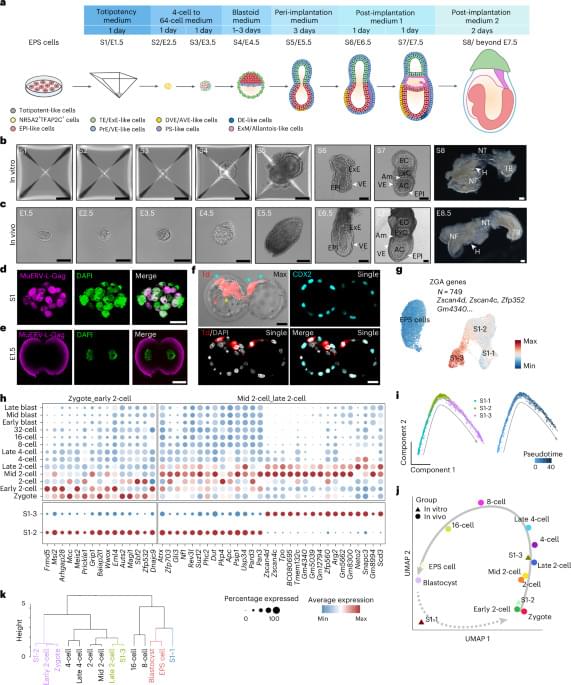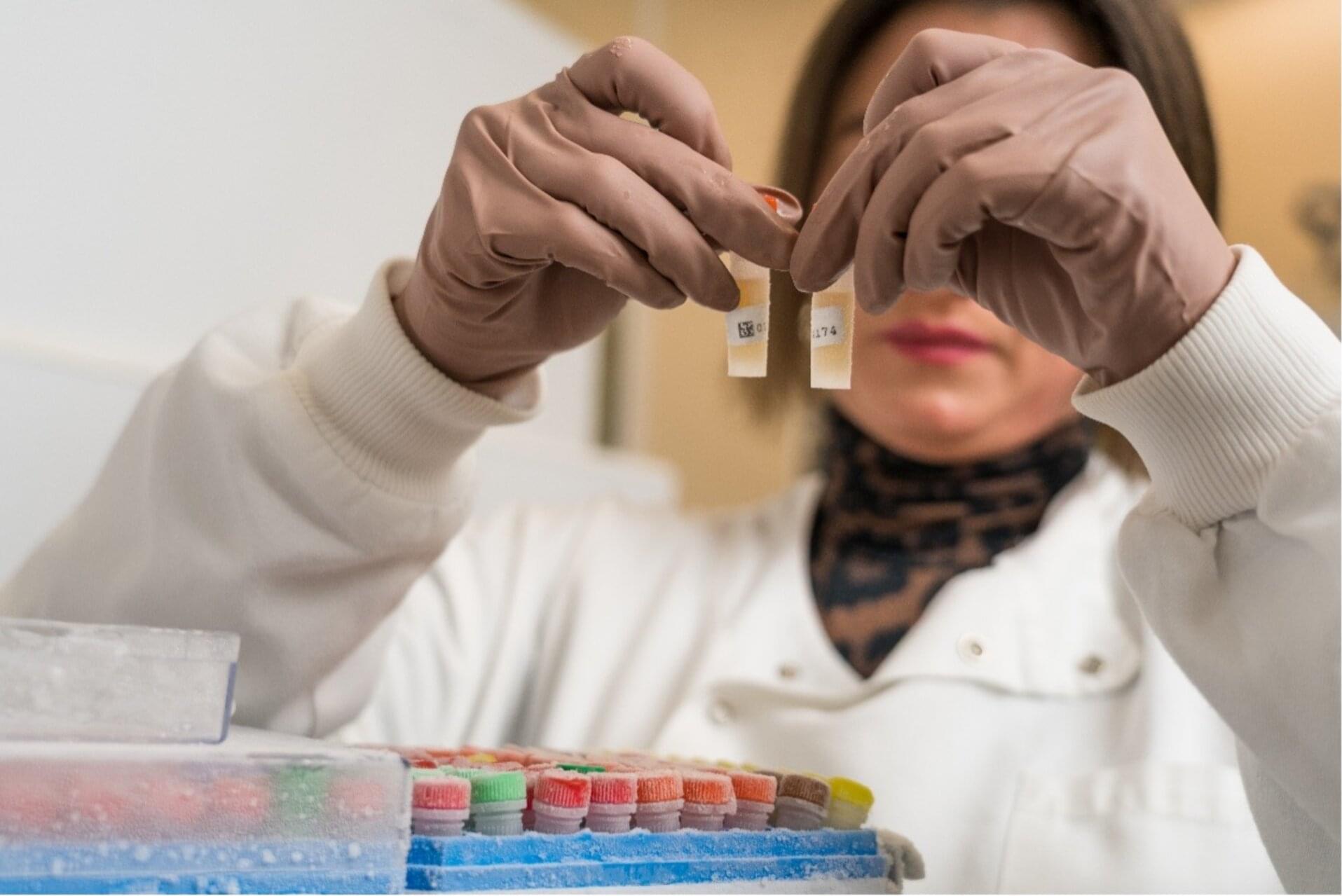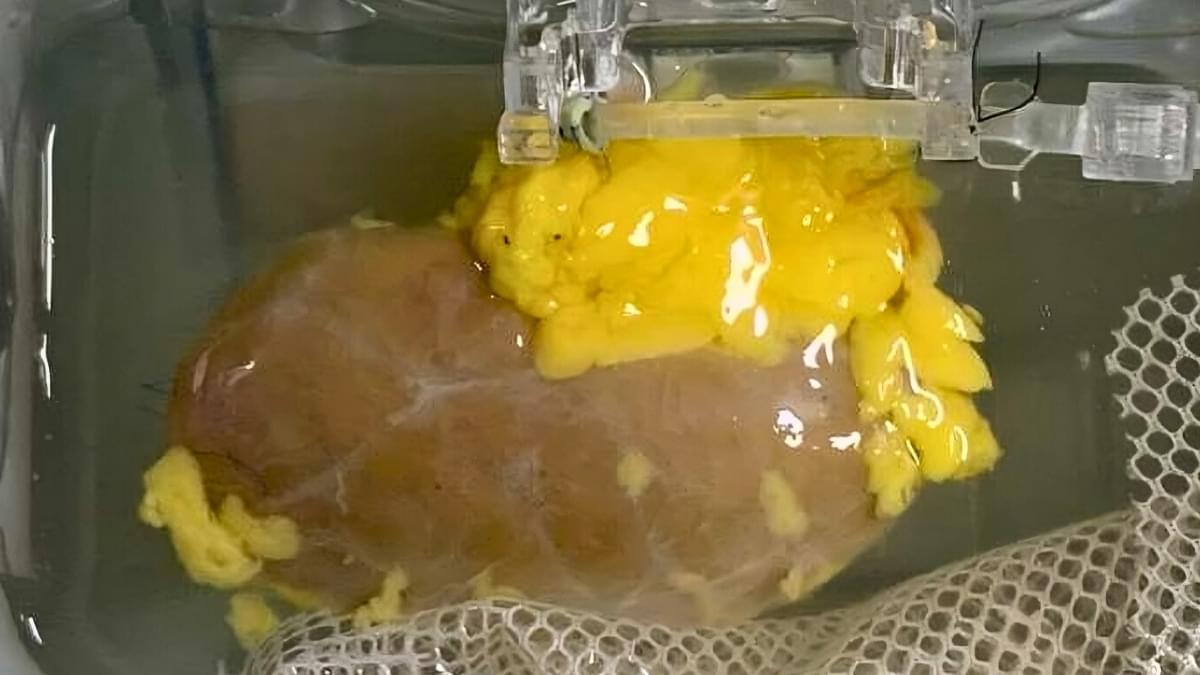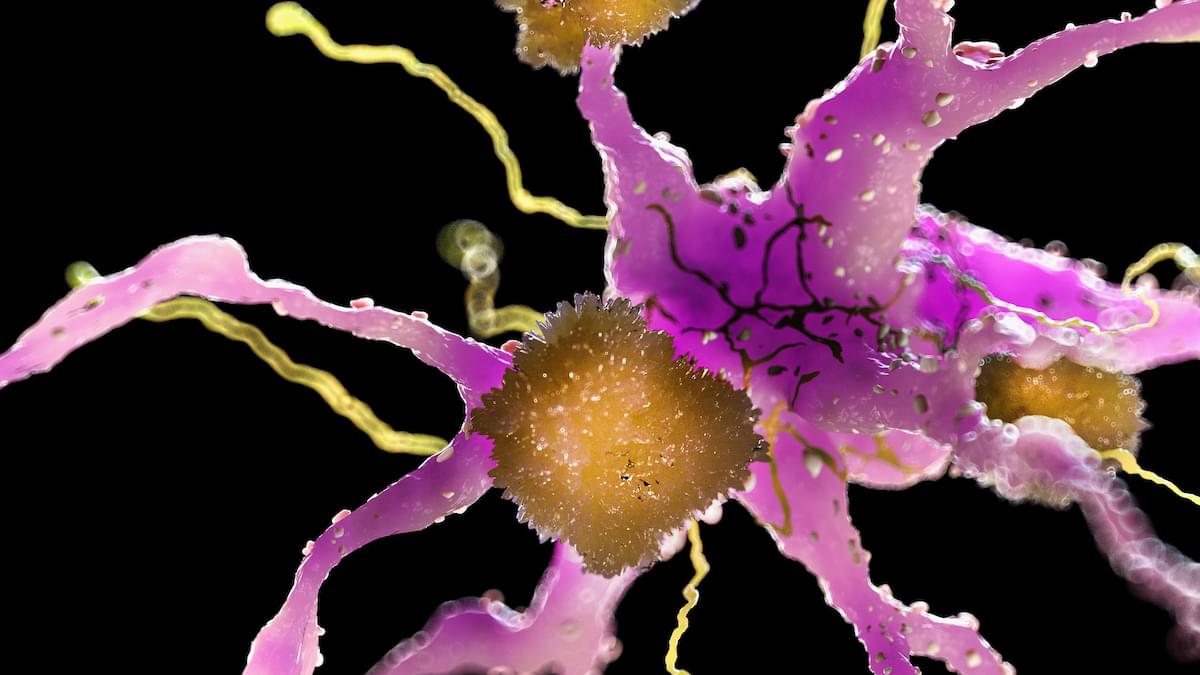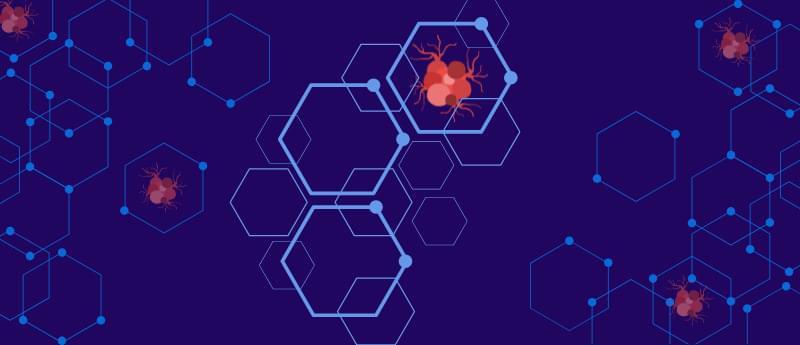Identifying the neural mechanisms that support the regulation of vital physiological processes, such as drinking, eating and sleeping, is a long-standing goal within the neuroscience research community. As the disruption of these processes can severely impact people’s health and everyday functioning, uncovering their neural and biological underpinnings is of the utmost importance.
New insights gathered by neuroscientists could ultimately inform the development of more effective interventions designed to regulate vital physiological processes. Thirst and hunger are known to be regulated by homeostatic processes, biological processes that allow the body to maintain internal stability.
Yet drinking behavior can also be anticipatory, which means that animals and humans often adjust their actions (i.e., stop drinking) before the concentration of substances in the blood changes in response to drinking water. The mechanisms through which the brain predicts when it is the right time to stop drinking remain poorly understood.


